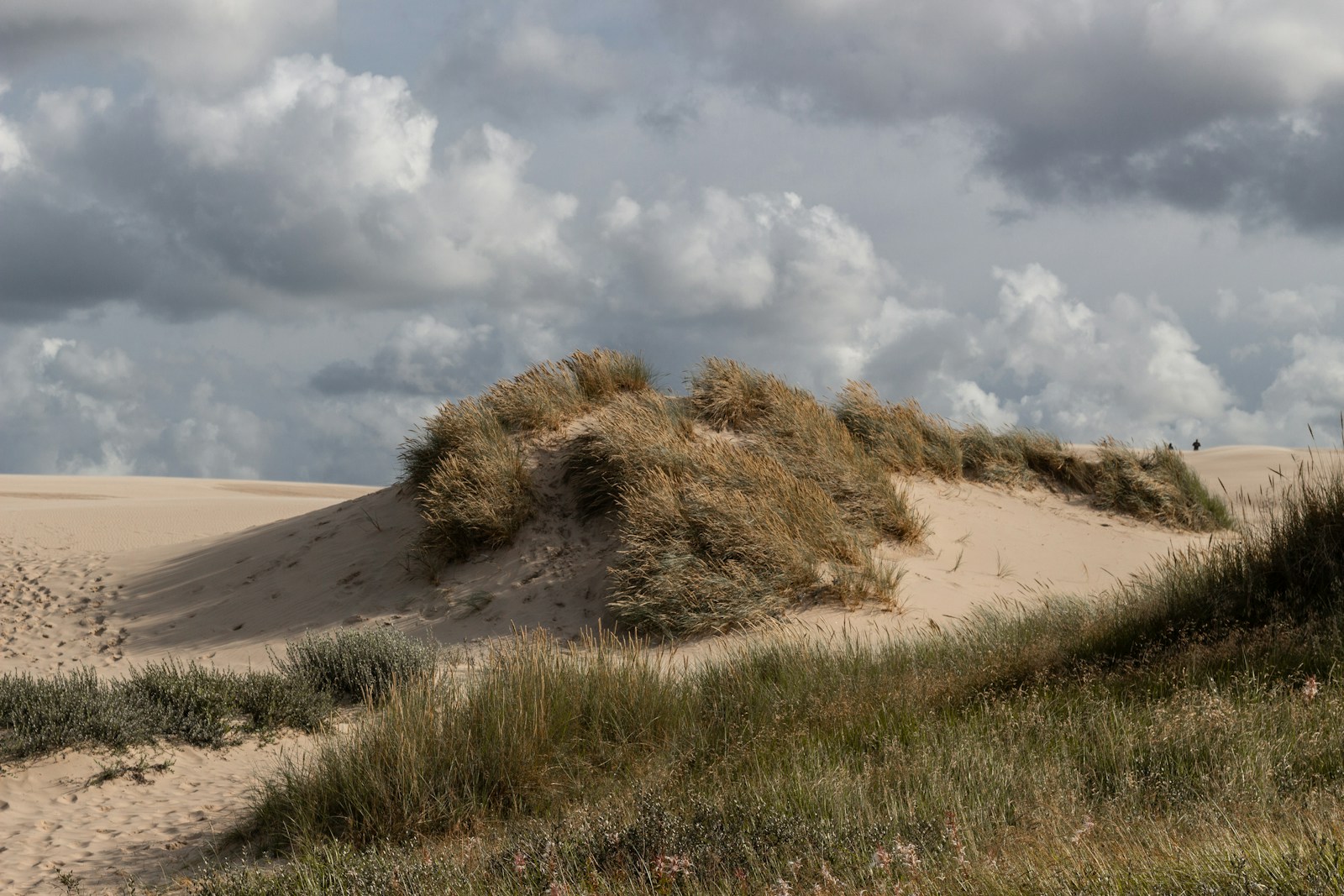Spending time in nature can boost mental health according to a new report following the success of a youth empowerment partnership Our Bright Future.
The £33 million project led by The Wildlife Trusts, with funding from the National Lottery Community Fund, found time outside can have hugely positive effects on young people.
Our Bright Future, which ran from 2016 to 2021, involved 128,000 young people across 31 different projects, helping them to develop green skills and learn more about the environment.
Report findings revealed that 95% of participants reported their confidence improving during the programme, while 86% felt their mental health had improved as a result of the project.
81% also said they felt more confident they could make a positive impact on the environment, as the scheme improved 3,000 community spaces and created 350 new natural areas.
Craig Bennett, chief executive of The Wildlife Trusts, said: ‘This report proves just how important it is to give young people practical experience to learn about nature, climate, and wider environmental issues. Our natural world is the bedrock of our society, but it is under serious pressure. We need to foster a new generation of green leaders to find solutions to the biggest environmental challenges of our time.
‘The success of Our Bright Future shows what can be achieved when people and organisations work together.’
One project led by Yorkshire Wildlife Trust saw 29 wildlife zones enhances, including a community garden at a church in Hull which was previously littered and vandalised.
Not only did this create a space for the local community to enjoy, it has also improved residents’ perceptions of young people.
The report comes as research carried out earlier this year by Place2Be and the National Association of Headteachers shows mental health problems among pupils increased between September 2021 and February 2022.
Results revealed an 86% rise in low self-esteem, 76% increase in depression and a 68% rise in constant feelings of anger.
Our Bright Future participants didn’t just benefit from better mental health, but also gained professional skills, allowing 9,000 young people to gain qualifications.
Over 1,600 have gone on to apprenticeships, 200 have started businesses or social enterprises and 40% said the scheme influenced them to pursue an environmental career.
26-year-old James Stubbs, who became involved in the One Planet Pioneers project in Middlesbrough when he was 19, said: ‘The project gave me a chance to start a career in a sector that I had always been passionate about. Having spent 19 of 24 months unemployed since leaving college, jumping from job to job, this is something that I never thought would have happened.
‘The project opened my eyes massively to the environment around me and what I could do/help others do that would make it a better place for wildlife and people.’
Photo by Chris Whatley
















